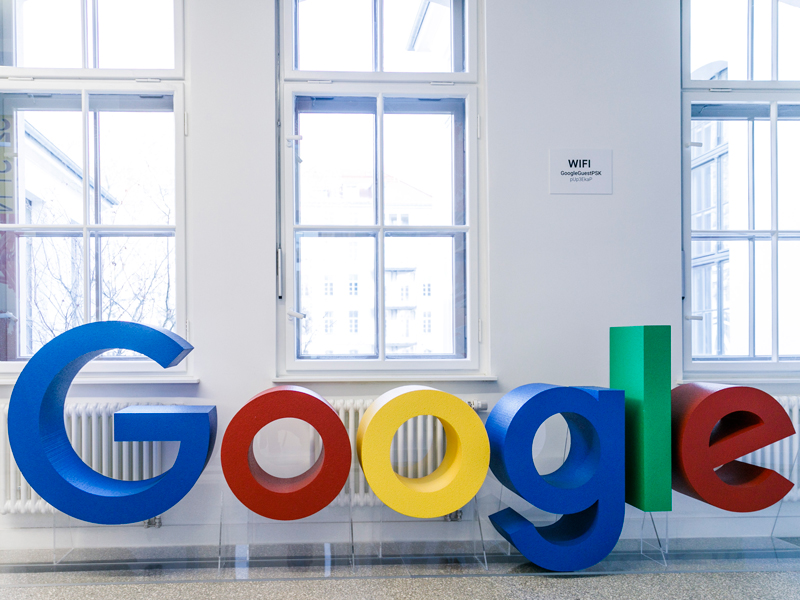Google claims it faces “fierce competition” in Australian market
Tech giant Google is disputing the findings of a report by the Australian consumer regulator that show it has a monopoly on online search and advertising in the country

Google has disputed a report by the ACCC that states the search giant has substantial power in the online search market
Google has rejected the findings of an enquiry by the Australian Competition and Consumer Commission (ACCC), which asserts that it has “substantial market power” in search, advertising and news referral, according to documents published on March 4.
The California-based tech giant rebuked the claims in a 73-page submission to the ACCC, published by the regulator on February 18, in which it said “the preliminary report bases many of its recommendations on the mistaken premise that Google has market power” in the stated areas.
Google asserted that the Australian watchdog was wrong to conclude it is immune from direct competition in the internet search market
Google asserted that the Australian watchdog was wrong to conclude it is immune from direct competition in the internet search market, adding that it faces “fierce competition from other providers, including vertical search sites like Amazon, Expedia, Domain and Carsales.com”.
The search engine told the ACCC that it faces substantial competition in the advertising market from travel, e-commerce and publisher sites, as well as other forms of online and offline advertising.
Google also challenged the allegation that it competes in a news media referral market, even disputing whether such a market exists at all.
“We compete for two sets of customers: users that search Google for information and advertisers that advertise to users. News referral traffic is incidental to the provision of high-quality search results to users,” the company said in the submission.
The ACCC’s report, which was released in December 2018, found that platforms such as Google and Facebook “had both the ability and incentive to favour related businesses or those businesses with which they may have an existing commercial relationship”. The report also criticised search engines’ lack of transparency regarding how their algorithms rank and display advertising and news content.
Chair of the ACCC Rod Sims said in December: “Organisations like Google and Facebook are more than mere distributors or pure intermediaries in the supply of news in Australia; they increasingly perform similar functions as media businesses like selecting, curating and ranking content.”
Overall, the report concluded that Google had a “near monopoly” position in internet search, and estimated the tech firm earned AUD 47 ($33.30) for every AUD 100 ($70.84) spent on digital advertising in Australia.
Following its findings, the ACCC made 11 key recommendations, which seek to curb the influence of market leaders and promote increased consumer choice. These include preventing Google from installing its browser, Chrome, as a default on computers and mobile devices, and introducing a new market regulator to investigate, monitor and report on digital platforms.
Google strongly criticised these proposed regulatory changes and warned against their implementation. It argued that rules against default browsers “would disrupt procompetitive benefits for users and industry participants”, adding that it believes Australian consumer law is effective in its current iteration.
While the ACCC’s preliminary enquiry is the first of its kind, Google has faced scrutiny from other regulators across the globe due to its strong market position. In 2018, the search giant was fined a record €4.3bn ($4.88bn) for abusing the dominant position of its Android operating system, and it is currently locked in a battle with EU lawmakers over the new Copyright Directive, which Google argues will limit consumer access to certain news sources.
The ACCC must compile a full report and present its final findings to the Australian Government by 3 June 2019.













